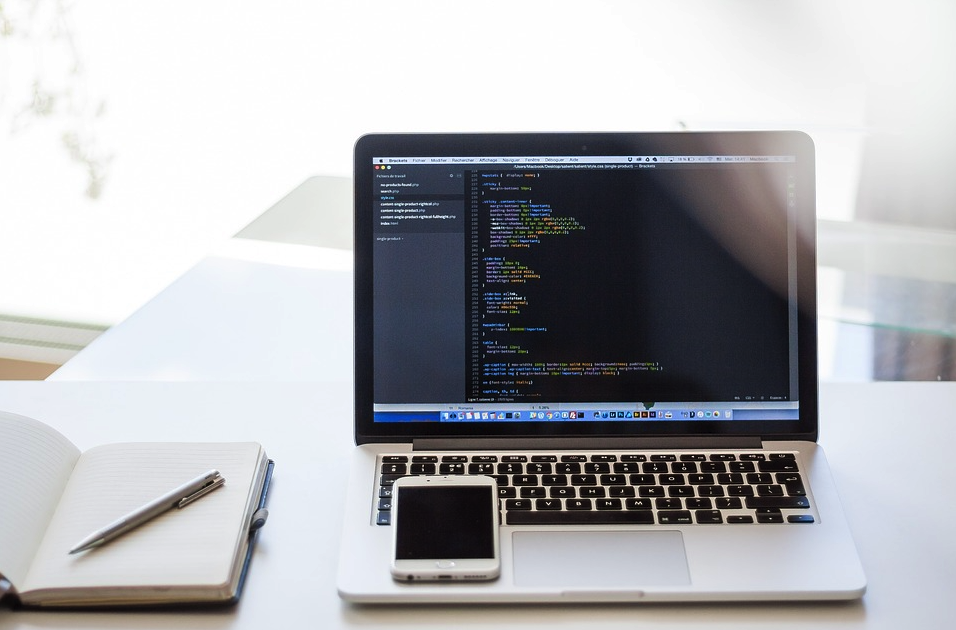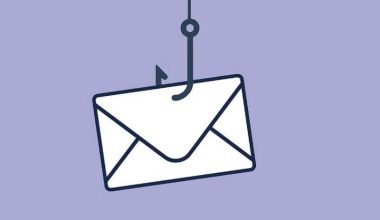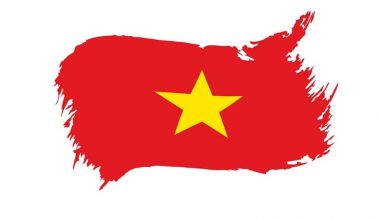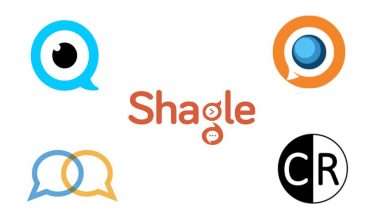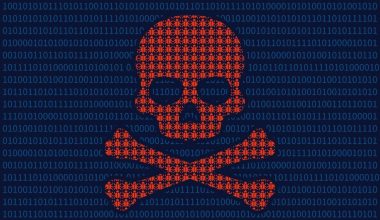A VPN,or virtual private network can help to protect your computer and your sensitive information from hackers or other bad guys. A sniffer is a computer program that is used to decode data to make it readable but in nefarious ways. The hackers or bad guys will use computer programs which called sniffers to steal identities, data, and even hijack devices. The data is very vulnerable to sniffers as it’s unencrypted, and so is the wireless connections. The good new is that you can use a VPN to protect your computer and data.
What a VPN Is
A Virtual Private Network, or VPN, is a encrypted network that allows you to send and receive messages, photos, emails, files, etc. When you use the internet on a device on a unprotected public network, your information will we very vulnerable to sniffers. People use these in places that offer free Wi-Fi such as airports, coffee shops and offices.
This form of VPN helps to protect the data sent between your device to an internet gateway. Essentially, a VPN makes a type of tunnel that prevents hackers, snoopers, and even your internet service providers (ISPs) from reading your data that send over network, such as messages, email, browsing history, online bank information and files.
What a VPN Does
Security: A VPN encrypts your commuication. It makes you surf the internet secure.
Access: There are many oppressive governments restrict the “sensetive” information. But a VPN allows users to defeat censorship.
Privacy: A VPN masks your IP address and your location to prevent your identity and information from tracking.
Why a VPN Is So Important
You certainly do not want your personal information get into the wrong hands. Without a VPN’s protection, any internet connection is dangerous as you are at risk of a data breach. It likes you go out into the wild web without protection. If you do this, the hackers or other bad guys can get all of your data via sniffers.
May be you have the thought that you have nothing to hide or you have no information that a hacker would want. However, not only the hackers, the advertiser also want your infomation too as they want to know what sites you are visiting so they can send targeted ads to you. Or, it might be much worse.
So, it’s a good idea to use a VPN when you are surt the internet on any of your device, including computers and mobiles. Especially connecting to public wifi network, such as at an airport or an cafee house. And you may ask, do you need one at home? Yes, using one to prevent your data from being spying by your ISP is essential.
A Proxy vs. a VPN
A proxy is similar to a VPN but not quite the same. A proxy server is a bit different from VPN. Your online activity is anonymous with a proxy. The destination server, which is the server that accepts a certain web request, gets these requests from the proxy server which will keeps you anonymous. Without a proxy server, you are no longer anonymous.
A VPN is a virtual network that allows you to communicate privately over an public wifi network. This network protect your data and information between your PCs, Macs, Androids, iPhones, laptops, iPads and an internet gateway.
Both proxies and VPNs are intended to change your IP address and location. And they also manipulate your browsing practices. This allows the users to access sites that are often restricted in a particular country.
However, there’s one important thing you should keep in mind is that a proxy does not encrypt your traffic. This means that all the information you are sending and receiving on the network could be stolen or intercepted. However, a VPN not only acts just like a proxy to make you browse anonymous, but it also encrypts your traffic.
The Power of VPNs
A VPN service offers a type of tunnel and encrypts your traffic so that the hackers cannot see what the user is doing online. This tunnel cannot be penetrated and your transmissions cannot be viewed.
The VPN connection is private, and it can make your communication private on a public network. Perhaps most importantly, a VPN protects your data. This data includes messages, e-mail, files, login information, and which sites you visit. The VPN changes your IP address, too. This makes it possible to access sites like youtube if they are blocked in a particular country.
A proxy server makes sure the user can browse with anonymity including your IP address and location. This comes in handy if you are in the country under restricted.
With a proxy server, your transmissions and data are not hidden nor encrypted. That means your datas can still be seen but the server does not know who is behind. This also means that hackers can still access your information, such as on a public wifi network.
Using Public Wi-Fi networks
Never leave your device alone when connecting to public Wi-Fi networks, even if your’re going to a restroom just for a minutes. You might come back to see your laptop still there, but you also might have something a bit extra like a keylogger. This is used to capture keystrokes.
Secure Your Location
Be careful at your surroundings before settling into a spot for browsing. Do not let anyone see your screen.
Take a look at the networks before connecting to them. Make sure you are connecting to the right network. Assume any Wi-Fi link is suspicious, and any link can be set up by hackers or other bad guys. Check the link address closely before Click on it. You’d better ask an employee to confirm the name of the network before connecting it.
Secure Transactions
If you don’t need to connect to a wireless connection, then do not leave your Wi-Fi on.
Never do any online banking or work with sensitive information when connected to Public Wi-Fi networks. Likewise, don’t e-mail anything of a sensitive nature. Just send these e-mails when you are on a safe network. Only visit sites that you don’t have to enter any personal information into. Save the others for when connecting to a secure network.
